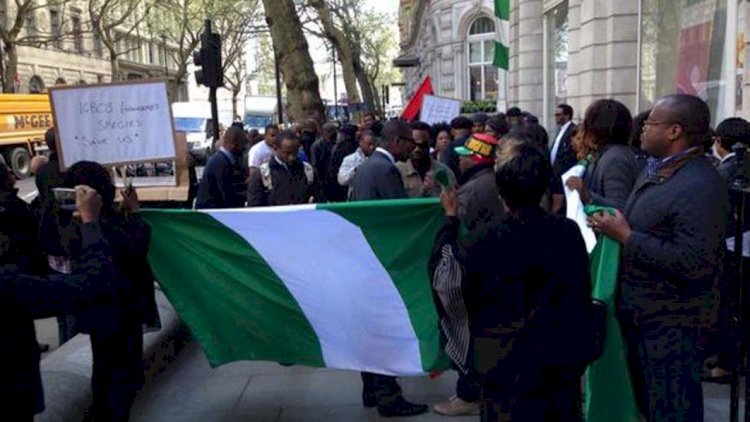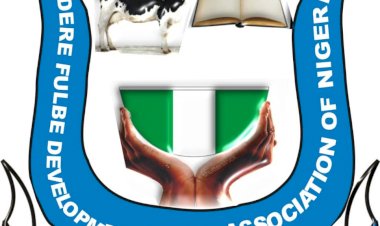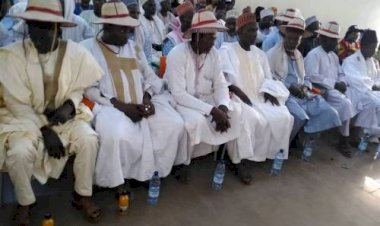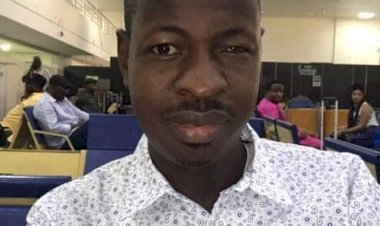Nigeria Diaspora: Focus For The New Nigeria

This piece in general outlook puts to rest and brings to clarity the undisputed link between the Nigerian Diaspora and the contending issue of development. It also X-rays the role of the Diaspora community in National Development and the contribution of the New Nigeria to a more inclusive Diaspora involvement in the national polity. In this paper also, we take a closer look at Nigeria Diaspora in specific, their political cum economic value to the country Nigeria, the volume and value of remittances flows into the local country as well as highlights the potential importance to the Nigerian economy and their place of relevance in the New Nigeria Ideology. The paper concludes with a huge plan from a more defined New Nigeria toward the Nigerian Diaspora Community.
Nigeria Diaspora:
In a world in which identity politics and recourse to ethnicity are regularly invoked, Diaspora as a term is seriously contested. Around the world, many different ethnicities, nationalities, races and religions claim Diaspora identity for themselves, while scholars who study them, often use the term without much analytical precision. What this bears witness to is that defining Diaspora and deciding who gets to be regarded as belonging to a Diaspora community can be a little problematic.
The Nigeria Diaspora is one of the largest African immigration populations in the world, but its actual size is very difficult to determine.
Etymologically, the word Diaspora is an offshoot of a Greek word “darespara”, and means a scattered population whose origin lies in a separate geographic locale. Historically, the word Diaspora was used to refer to the mass dispersion of a population from its indigenous territories, specifically the dispersion of the Jews.
Contextually, the Nigeria Diaspora in this sense refers to Nigerians living outside Nigeria.
The new Nigeria, Why the Diaspora:
The Nigerian Diaspora was borne out of the recognition of the huge capital and human resources of the Diaspora and the need to tap into that vast reservoir of knowledge, skills, and experiences for national development.
The new initiatives by the successive civilian government towards engaging the Nigerian Diaspora included interactive meetings, dialogues, conferences, and through the creation of organizations such as the Nigerians in the Diaspora Organisation (NIDO) and Nigerian National Volunteer Service (NNVS) as platforms for Diaspora engagement and the adoption of July 25 as Diaspora Day every year. Such appropriative efforts have not yielded enough fruits as the Nigerian state would have wanted.
This, in part, is due to the characteristic of Diaspora and diasporic identities in their highly hybridized and ever multidirectional character, rendering the impossibility of entire cooption by the national government and its agencies. When compared with the experiences of some of the countries examined, it becomes evident that Nigeria needs an ideology to create more platforms for the engagement of the Nigerian Diaspora and also improve its engagement with the Diaspora by building partnerships and harnessing its resources for national gains. In this vein, The New Nigeria looks forward to creating an institutional framework that will effectively engage the Nigerian Diaspora, so that the huge potentials therein can be harnessed for national development
Nigerian Diaspora, Remittances and contributions to national development:
According to the IMF, remittances represent household income from foreign economies arising mainly from the temporary or permanent movement of people to those economies. Remittances include cash and non-cash items that flow through formal channels such as electronic wire, or through informal channels, such as money or goods carried across borders. The importance of remittances is in the role they play in economies. They help poorer recipients meet basic needs, fund cash and non-cash investments, finance education, foster new businesses, service debt and essentially, drive economic growth.
The New Nigeria shall create a data bank of all Nigerians abroad, to know their needs and assessment use this information to genuinely address issues of negligence, poverty, health and wellbeing of Nigerians. To achieve this, a formation of regional, district, or country coordinators will be most appropriate, beginning from all African Countries.
Obviously, the New Nigeria Project, amongst many other relevant indices is poised to bring about a new ideological mindset that promotes the unity of Nigeria especially given its diverse forms, it is a project that aims at rebranding our security architecture, our economic stability, our Agricultural heritage, our technology, our artificial intelligence, police reforms, electoral reforms, the Judiciary and the sort. This can only be achieved, through a robust consultative approach by bringing all relevant stakeholders on board both those within the country and our country men and women abroad.
The Diaspora community over the years has shown remarkable interest in the affairs of Nigeria, and are ready to muscle themselves towards supporting their country to grow in order to bring about developmental change, driven by a true sense of patriotism, where we shall all shun cultural relativism, tribal, religious and political sentiments.
This will, in turn, engender full participation of all stakeholders involved and build in all, an intrinsic consciousness of building a truly New Nigeria.
Joseph Wayas, Diaspora Director- The New Nigeria-Abuja-Nigeria


















































